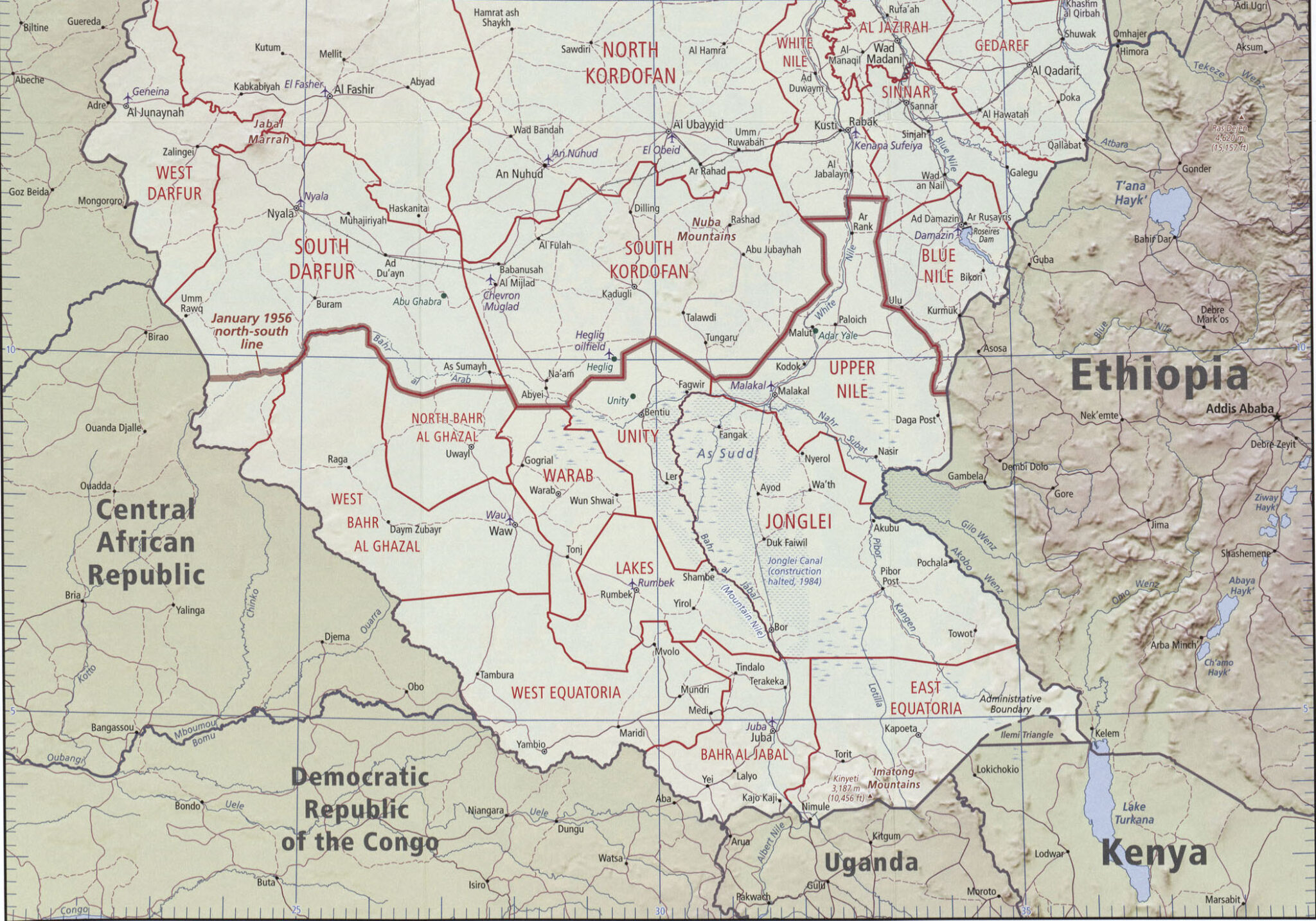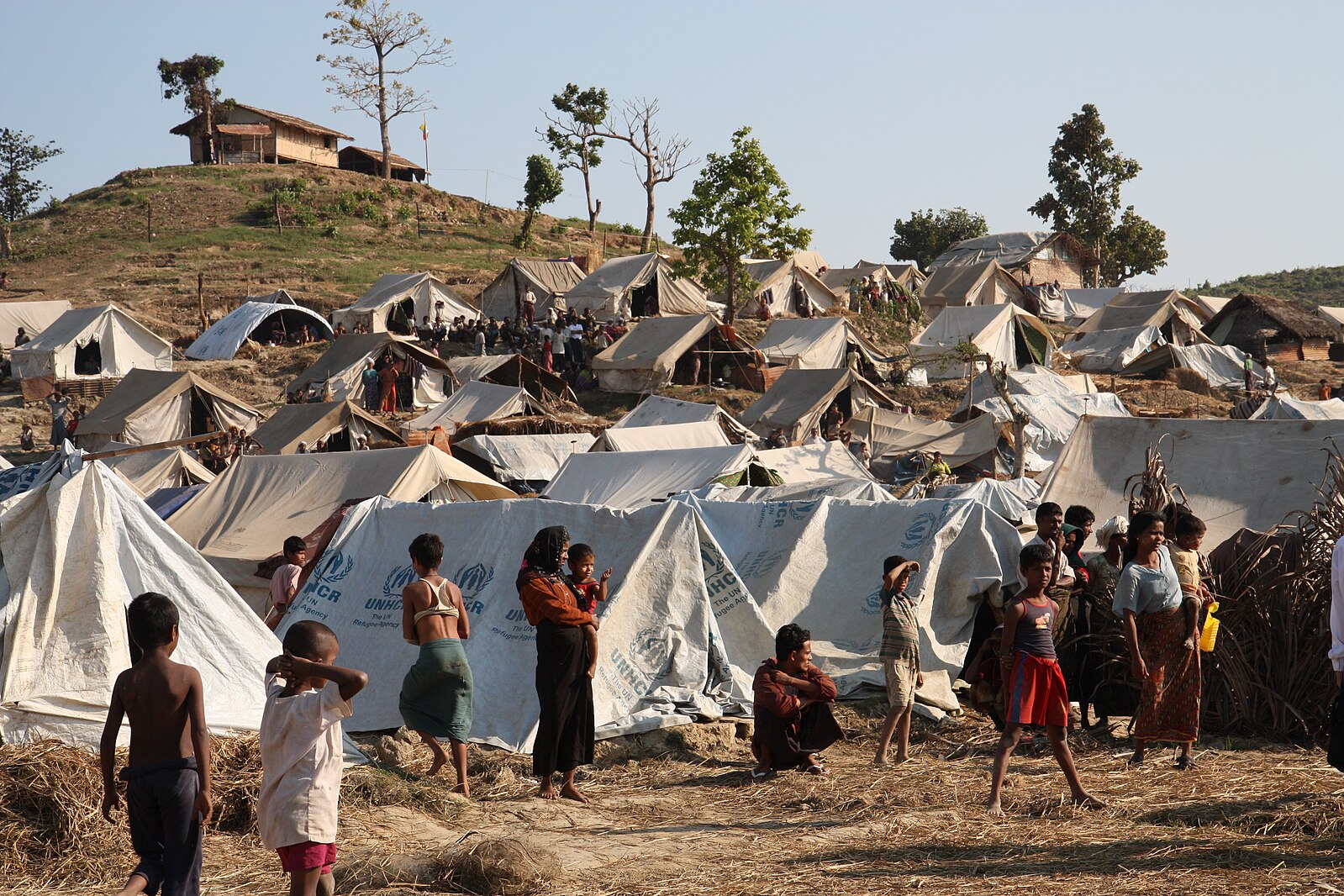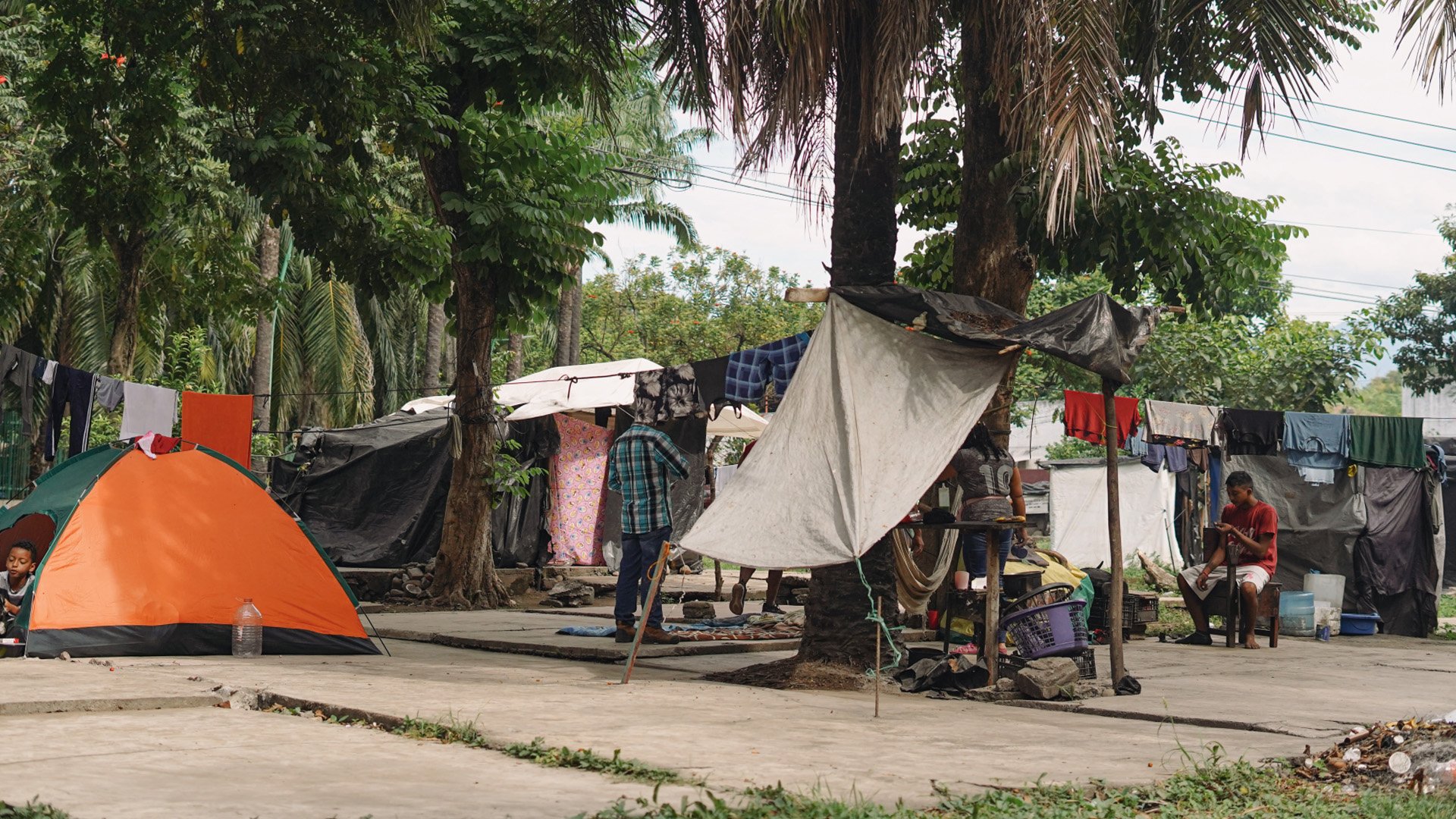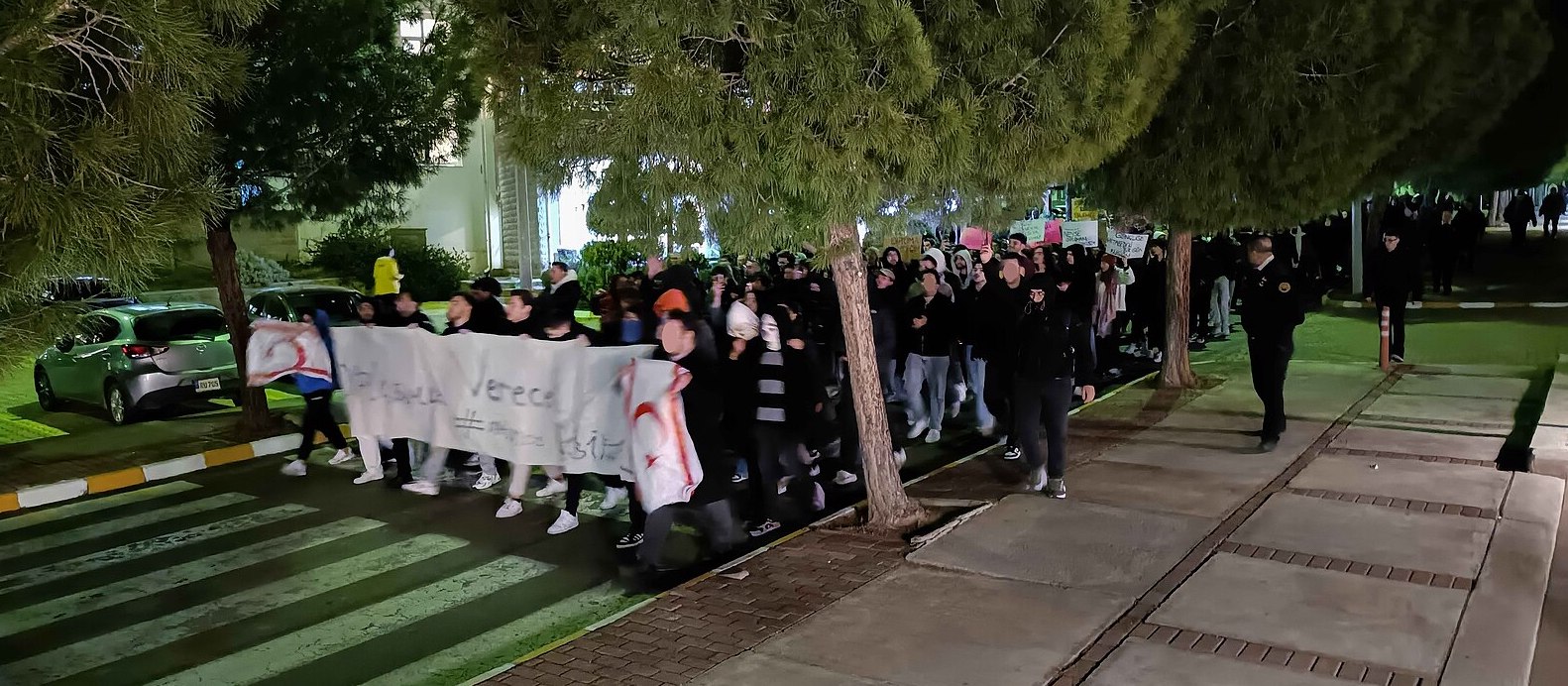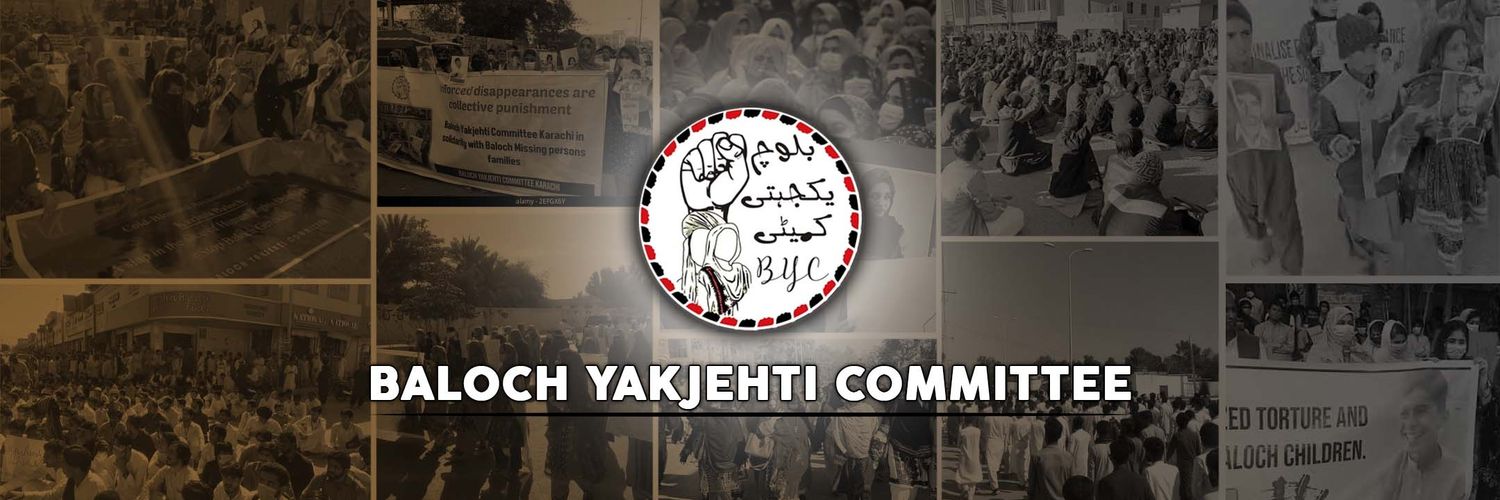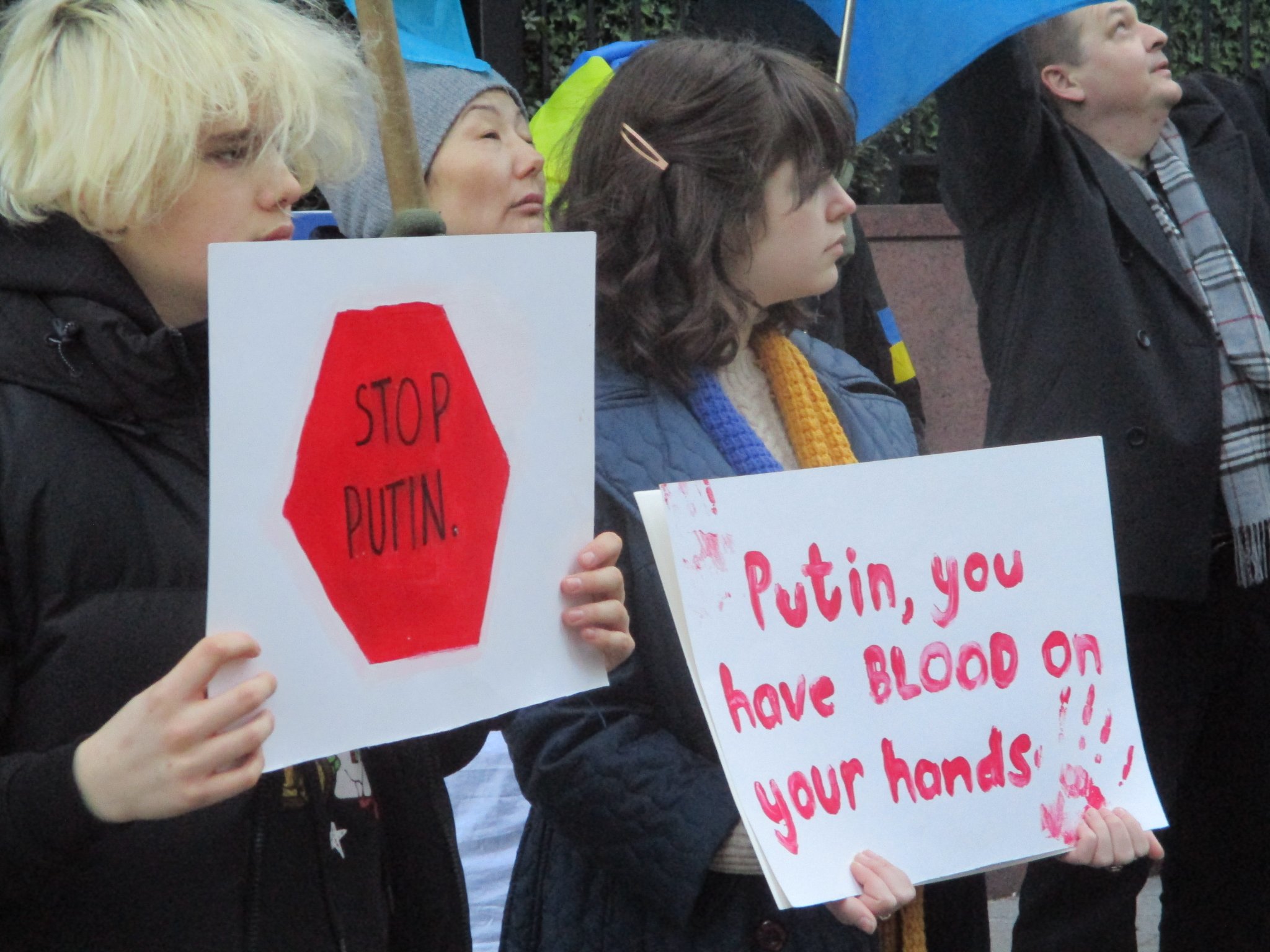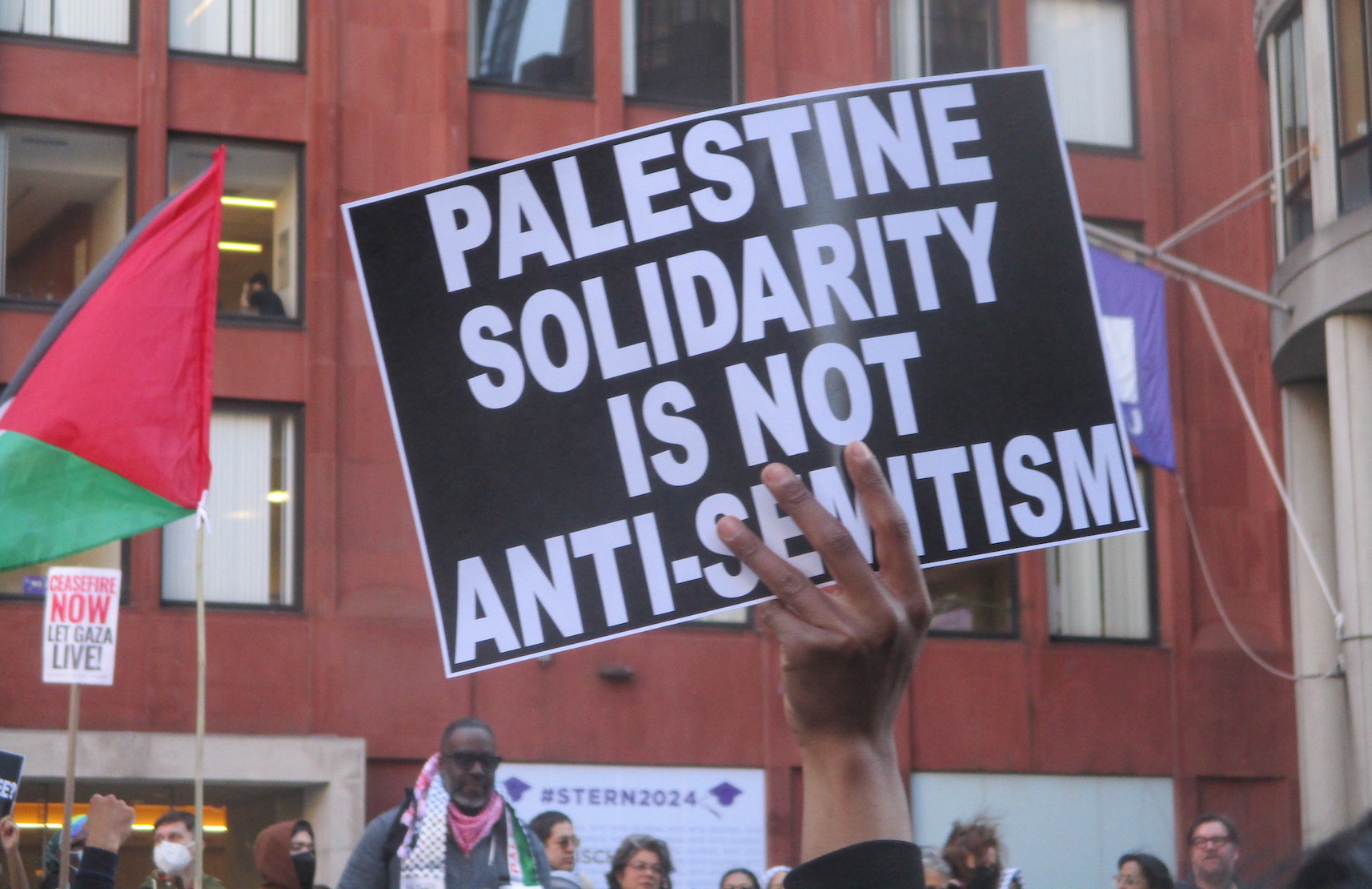
Podcast: MAGA-fascism and anti-Semitic pseudo-anti-anti-Semitism
In Episode 272 of the CounterVortex podcast, Bill Weinberg discusses the Israel-hosted “International Conference on Combatting anti-Semitism” that featured speakers from the European and American neo-fascist (and even anti-Semitic!) far right. The established phenomenon of paradoxical fascist pseudo-anti-fascism has now been joined by anti-Semitic pseudo-anti-anti-Semitism. While Trump’s 2019 executive order on anti-Semitism sought to conflate anti-Zionism and anti-Semitism, the new posture would actually substitute the prior for the latter entirely as the ideology to be opposed, in all but name. Anti-Semitism is now acceptable as long as it is pro-Israel, fulfilling Zionist founder Theodore Herzl‘s 1895 prediction: “The anti-Semites will become our most dependable friends, the anti-Semitic countries our allies.” (Photo of rally at NYU: CounterVortex)




